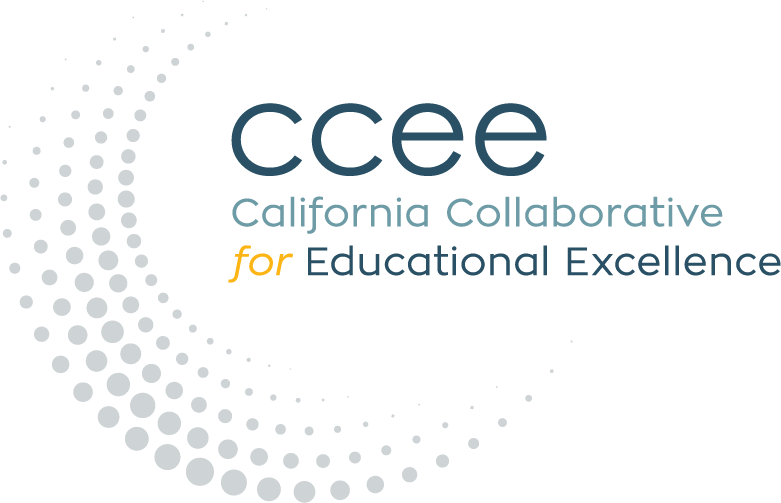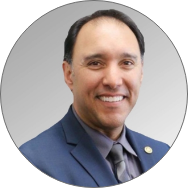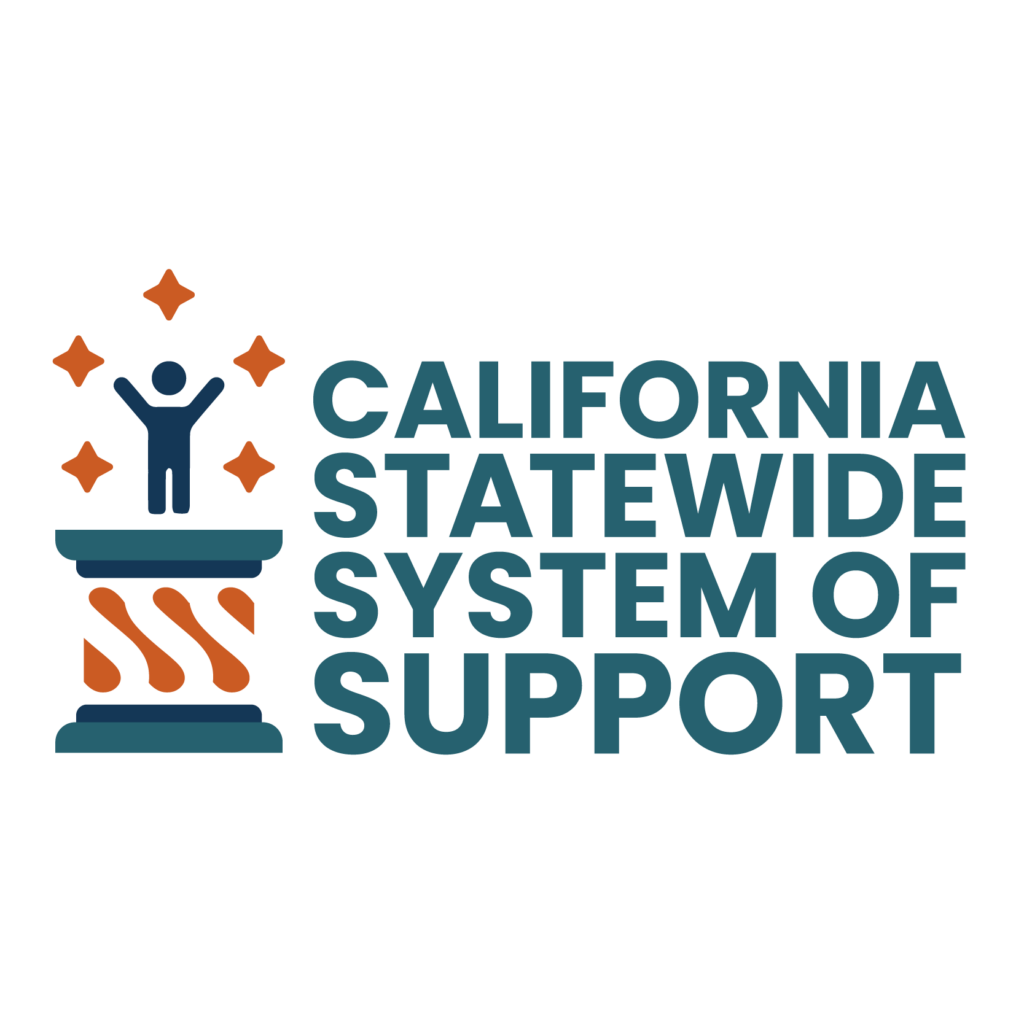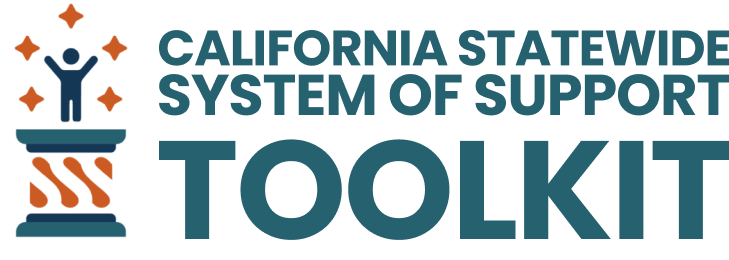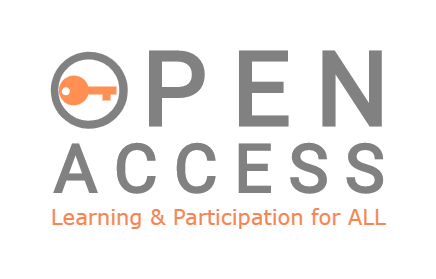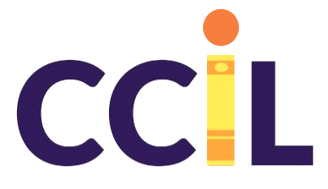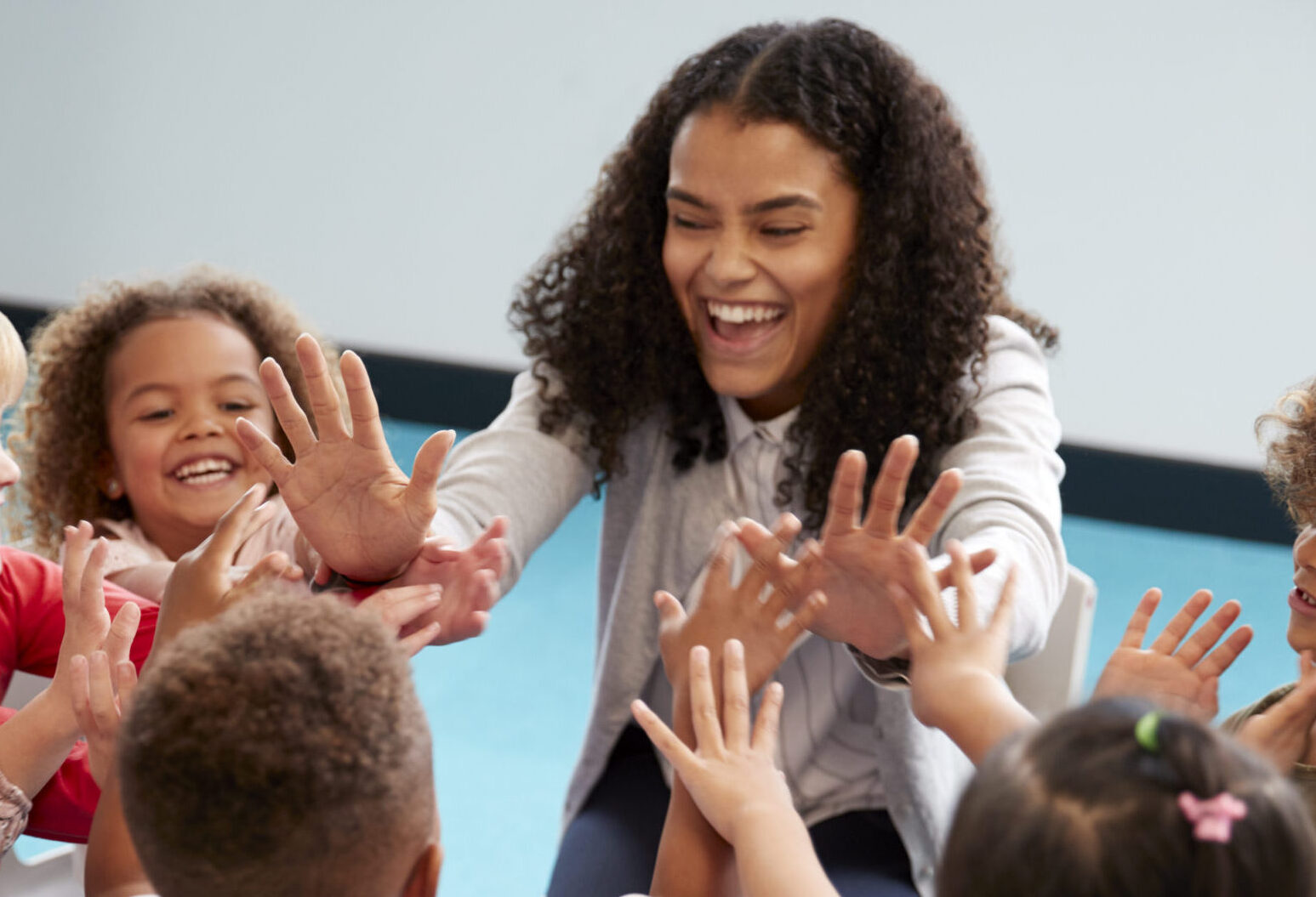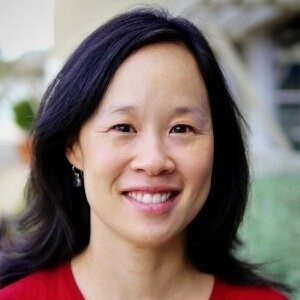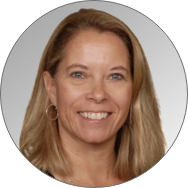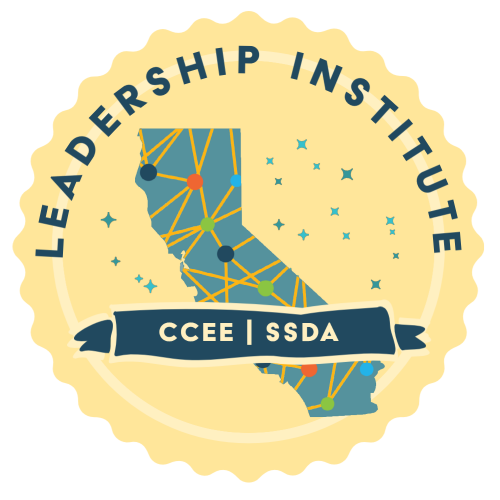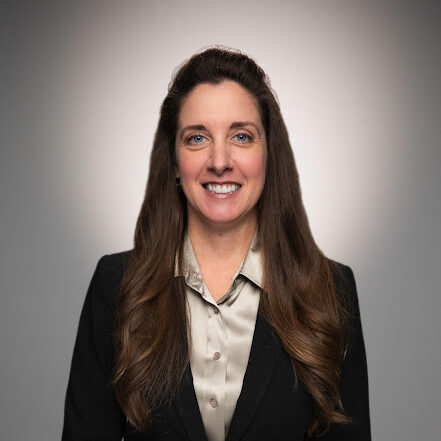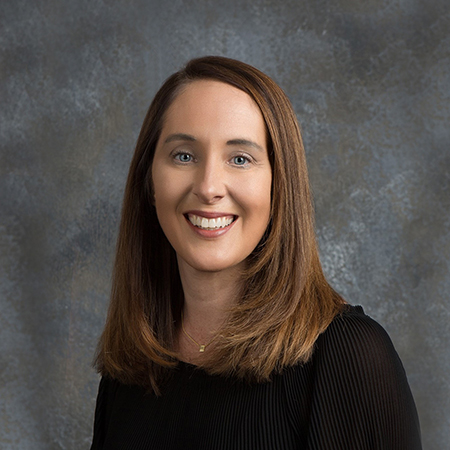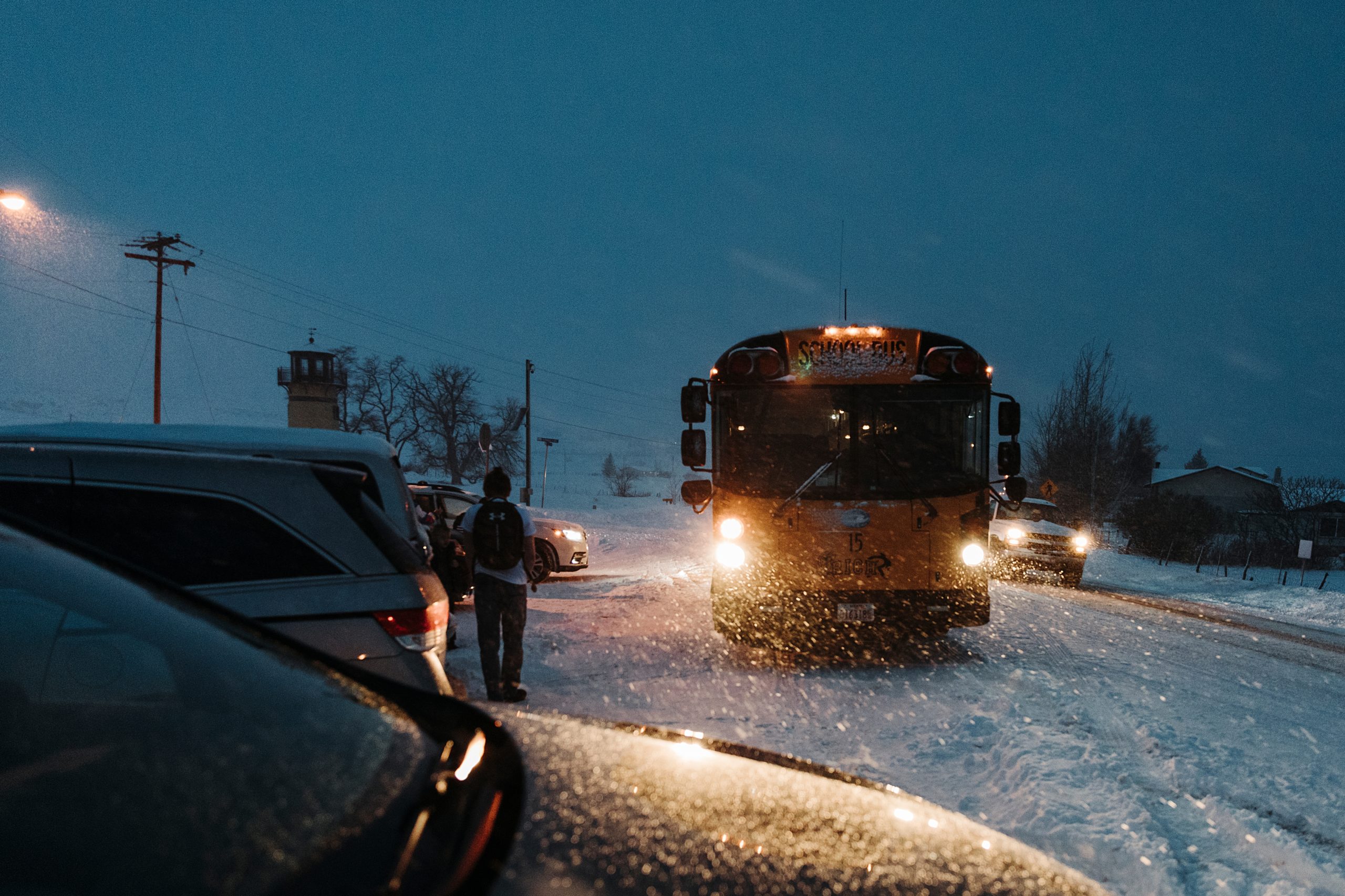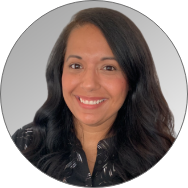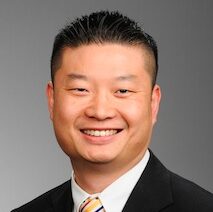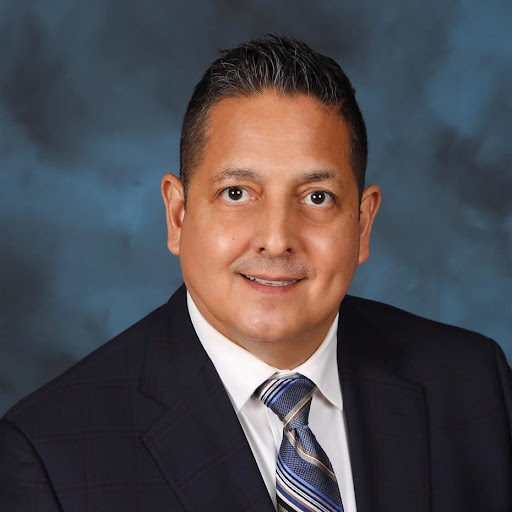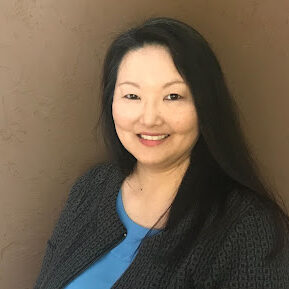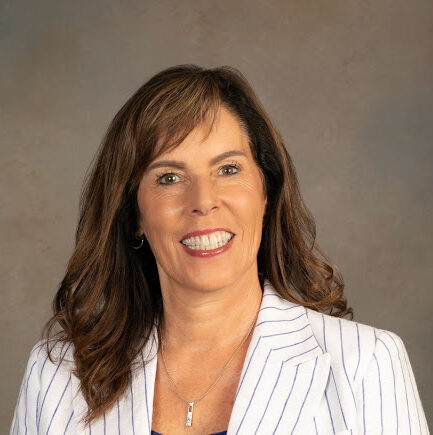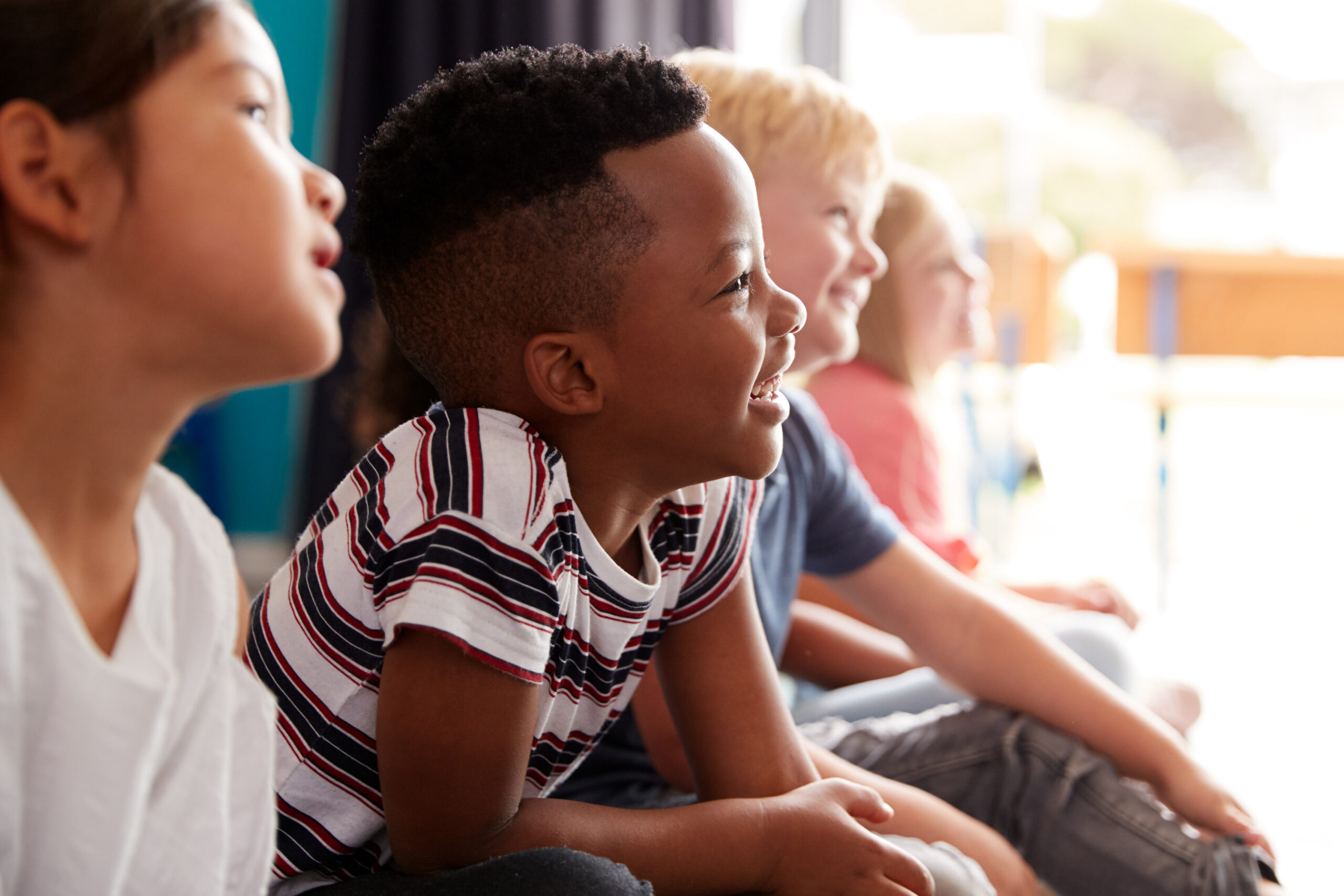News & Announcements
Community Engagement Initiative (CEI) 2.0 Lead Agency RFA Announcement
The California Department of Education has released the results of the CEI 2.0 Lead Agency RFA. You can view the results on the CDE’s website.
In Case You Missed It
System of Support Updates (June 2023)
21CSLA Showcase in Sacramento
Our 21st Century California School Leadership Academy held a showcase in Sacramento on Thursday, May 11 to celebrate the first three years of supporting equity leadership in California! More than 90 people attended from across the state, including our state partners at California Department of Education, State Board of Education, and California Collaborative for Educational Excellence who have invested in and supported this important work. Read more and see photos.
21CSLA Practice Brief: Insights from California’s TK Educators and Leaders
In this practice brief, we underscore four key themes from UTK educational leaders as areas ripe for further research. These findings underscore current pressing challenges and dilemmas facing UTK leaders and speak to the larger context in which UTK expands. We draw from semi-structured interviews with four California UTK leaders to illuminate the challenges, opportunities, and ingenuity of educators and districts in supporting UTK implementation and/or expansion. Link to the brief.
Envisioning and Leading Equitable TK Classrooms
Alameda County Regional Academy in partnership with Alameda County Office of Education will offer UTK Professional Learning Envisioning and Leading Equitable TK Classrooms on August 1 and 2, 2023. Register here: https://bit.ly/41vU6JX
Equity Corner
Reasons to Celebrate in the month of June:
About the Transformative Systems for Equitable Education (TSEE) Center
The TSEE team supports more than 20 unique statewide initiatives. Our Administrative Assistant II, Fiscal Analyst, and Program Specialists are the foundation of our team. They take care of all of our operational, administrative, and project management needs. The TSEE team takes pride in supporting our Deputy Executive Director, Senior Advisors, and Assistant Directors to collectively pave the way through communication, collaboration, and leadership to ensure our impact is far-reaching. While we all support different initiatives, we work together to deliver on our common goal of improving outcomes for all students.
About the CCEE
The California Collaborative for Educational Excellence is a statewide leader delivering on California’s promise of a quality, equitable education for every student.
Executive Director’s Corner
Celebrating Gratitude
By Matt J. Navo, Executive Director, CCEE
“Sometimes it’s helpful to stop and be grateful for what we do. Education in California, one of the largest states in the nation, is complex. It can often make educators feel like we may never get to where we need to be, but I would like to share another perspective. The CCEE is grateful to be part of such an incredible state when it comes to education. Our organization has seen many other state education systems and in our opinion California is often miles ahead in both our approach to and innovation of our education systems.
Our state board and state board staff are incredibly thoughtful and represent a great and diverse group of thinkers, led by one of the most notable researchers in Education, Linda Darling Hammond. Our California Department of Education and the State Superintendent, Tony Thurmond, are visibly traveling and engaging with parents, associations, and educational partners to figure out how best to support them. Our associations, county offices, and state lead agencies are always willing to step up with grace and a willingness to serve.
All these examples remind me that regardless of what we think the current state of education is, we can be grateful for the fact that everyone in this “system” has one thing in common…we all want what is best for our students, teachers and families in California. Gratitude is something we can all benefit from once in a while.
Reflecting on the Year
By Chris Hartley Ed.D. Deputy Executive Director, CCEE
The school year is winding down, summer and planning for the next year is in full speed. It is a natural transition in our system with educators across the state reflecting on the past year, while planning for a new one ahead. During these times it is important to not only find time to enjoy a break for rejuvenation, but to also take a moment and recognize our partnerships and the relentless commitment to serving the students, families and communities throughout the state.
On May 12th the annual “All Leads” meeting took place and was in person for the first time since 2019. The level of expertise, experience, creativity and innovative spirit among attendees was only surpassed by a deep commitment to serving all children and youth in our state. Our teams at CCEE are extremely grateful for the incredible collaboration we have with all our partners and look forward to continually growing and expanding these relationships.
When we organize, collaborate and deliver support together, a true system with minimal silos and thru line from state initiatives to direct district and school site support is magnified. At the end of the day, there are many hands on deck, each embracing positive aspirations for developing and deepening a Statewide System of Support that is cohesive, clear and accessible. My deepest gratitude to our many partners, let’s finish strong!
The Strengthening of the Statewide System of Support
By Mindy Fattig, Senior Advisor, CCEE
The CA Statewide System of Support (SSOS) provides coordinated, needs-based and differentiated resources and supports to LEAs that lead to improved outcomes for all students. As I reflect upon this past school year, the CA Statewide System of Support is stronger than ever. So much gratitude is given to these 13 lead initiatives and the purposeful integration and leverage of best practices across the state.
Just a few of the many recent examples of the Statewide System of Support working together to improve outcomes for all students include the Geographic Leads continuing their strong partnership with various leads throughout the SSOS including intentional focus and support on integrating differentiated assistance and the special education monitoring processes. The Regional English Language Learner leads partnering with 21CSLA, SELPA English Language lead and Educator Workforce Investment lead for English Language Learners to bring proactive support to our educators and students and all the leads collectively learning from each other and utilizing Universal Design for Learning and Community Engagement strategies so all of our students will have what they need to thrive.
The SELPA leads have worked tirelessly and successfully over the last five years to bring resources and implementation support focusing on improving outcomes for students with disabilities. They have done this through building the capacity of local SELPAs, integration of special education and general education monitoring activities, providing services and supports with COEs and direct support to thousands of families, students, and LEAs across CA. Their impact does not stop there as 93% of the SELPA, COE and LEA educational leaders said that they feel confident in their ability for sustained implementation at the local level on strategies and resources learned through the SELPA leads.
The Geographic Leads, as connectors in the SSOS, have greater coherence and collaboration across statewide initiatives as evidenced by feedback from a County Office administrator, “Working with the Geo Lead has provided me with a better understanding of where support and expertise lies. I have been able to ‘broker’ this and connect our LEAs with professional development and other support from other COEs (work that is beyond the capacity of our own COE).”
At the recent in person “All Leads” meeting in May, when asked what the strengths are of the Statewide System of Support from the educators providing the support to the field, words such as “interagency and cross initiative collaboration”, “increased use of continuous improvement strategies” “ mindset on inclusive practices” resonated over and over again.
As we look forward to the 2023-24 school year and the needs of our students in CA, we are well equipped to provide support in implementation of resources due to the hard work and neverending dedication of our collective common goal of improving outcomes for all of our students in CA. Our statewide system is stronger than we have ever been. As one educator leader summed up, “Our school now uses continuous improvement to help guide initiatives, and show how the initiatives can complement each other as opposed to feeling siloed or in competition with each other.”
Thanks again to all the educators, families, community organizations and to our students. We are collectively the Statewide System of Support. CCEE, working in collaboration with our state agencies partners at CA Dept of Education and the State Board of Education, look forward to continuing to build, refine and ensure the highest quality of education resources, supports and services throughout California.
Gratitude – A Story of Success
By Giovanni H. Annous, Ed.D., Superintendent, Upper Lake Unified School District
It is said that it takes a village to raise a child. For Upper Lake USD, we are blessed to have our whole community working together to create the best possible educational, social, and emotional support system for all our students.
ULUSD’s participation and partnership with the CCEE “Continuous Improvement Model,” and for the last three years in the Community Engagement Initiative (CEI), has allowed us to sharpen the focus of our work and guide us through practices that have fundamentally changed our communication style and content with our stakeholders and the community at large.
Our introduction of the “The Dual Capacity-Building Framework for Family-School Partnerships” and our work with the “Root Cause Analysis” to identify our “Problem of Practice” has been an eye-opening experience. Due to the current work in these areas in concert with our intentional focus on implementing with fidelity, highly effective academic and social programs, ULUSD has become a “Destination District.”
Our “Responsive Leadership” created a culture and structure for system organization learning to include the different voices from our community in the design, development, and implementation of processes, programs, and services. Today our local native Pomo Tribes leadership, philanthropic & service organizations, and business community are partners in shaping our organizational outcomes. This engagement raises the level of responsibility and accountability that we all collectively hold for the success of our students and youth population in general.
We believe that the absence of engagement limits growth and fosters a diminishing mindset. Gratitude for community partnerships moves educational organizations forward.
CEI has been a catalyst on our path to success.
The Leadership Institute Delivers the Secret Sauce
By Amy Alzina, Ed.D., Cold Spring School District Superintendent
Superintendents collaborating on and sharing best practices and strategies is the secret sauce to achieving exceptional results in public education. The Small School Districts Association (SSDA) and the California Collaborative for Educational Excellence (CCEE) have partnered to develop the Leadership Institute, a community of leaders to collaborate, support and mentor new superintendents. The founding principle of the Leadership Institute is to empower educational leaders by providing access to the resources they need for exceptional student achievement. The collaborative approach has resulted in statewide synergy in the field of public education.
Small school district superintendents no longer need to feel isolated. Within the Leadership Institute, participants are matched with a seasoned successful superintendent who serves as a trusted coach and mentor for a period of six months. During this period, best practices are reviewed in the areas of Governance and Fiscal Management, Community Engagement, Vision and Goals, Human Resources and Effective Communication. The purpose is to improve student outcomes and build a positive district culture and climate.
As a coach, I value the time I spend coaching and mentoring my colleagues. We all come to the table with unique strengths and talents. During our time together, we tap into each other’s strengths to share best practices. Often, I gain new knowledge from the stories and experiences shared in the group. I also make myself available to the participants whenever they need my support or simply need a sounding board.
Unlike traditional professional development, this is not designed to add more to the plate of a superintendent. It’s a time to support each other with the resources and knowledge we each possess. Our conversations range from emergency recovery efforts to understanding the reading intervention strategies and programs that make a positive impact on student achievement. We also share many of the state mandated plans and the process used to gather stakeholder input.
The Leadership Institute is a great example of an effective means to bring equity to education. Together, we are opening doors by providing resources that will drive the actions of all Superintendents to be effective for the students they serve.
CCEE and Santa Clara County Office of Education Collaborate on UPK Implementation
By Amanda M. Dickey, Esq., Executive Director of Government Relations, Santa Clara County Office of Education
California policy makers have made historic investments over the last few years to bring the state closer to universal pre-kindergarten (UPK) for all 3- and 4-year-olds. This has come in the form of several new and expanded programs including TK expansion to all 4 year-olds by 2024/25, the Expanded Learning Opportunities Program (ELO-P), an additional 200,000 childcare vouchers, and more than 8,000 additional preschool slots.
As local education agencies (LEAs) work toward implementation of this ambitious goal, many have expressed the need for technical assistance, tools, and training to help them address barriers and shortages in staffing and facilities. Small and rural LEAs are facing some of the most significant implementation challenges due to economy of scale issues. In response, CCEE has partnered with the Santa Clara County Office of Education (SCCOE) over the last year to develop Tier 1 and 2 tools and trainings to add to the statewide system of support. To ensure that these resources support all schools, regardless of size or circumstance, the partnership has collaborated with LEAs throughout the state and with the Department of Education.
Most recently, the CCEE/SCCOE partnership offered a UPK Blending, Braiding and Layering workshop in which LEAs were provided with a series of high-value tools that helped them identify mixed-delivery models to address their staffing, facilities, revenue, and/or cost shortage. These tools are now available online to all LEAs and include: 1) a resource hub with curated, summarized, and searchable resources for busy school administrators, 2) a planning tool to help LEAs project their staffing and facilities needs and identify issues with enrollment and costs, 3) an online technical assistance tool with AI features that provide tailored suggestions for LEAs based on their unique characteristics, and 4) a budgeting worksheet and accompanying costs/revenues template. To access these resources or learn more about how blending, braiding, and layering early learning and care programs can help your LEA address barriers to UPK implementation, please visit visit https://upktool.ccee-ca.org/. To view the workshop slide deck, visit https://docs.google.com/presentation/d/1kn4eHWv3LoOUCx5wFpd5eSwfiChMxGGb/edit#slide=id.p1
